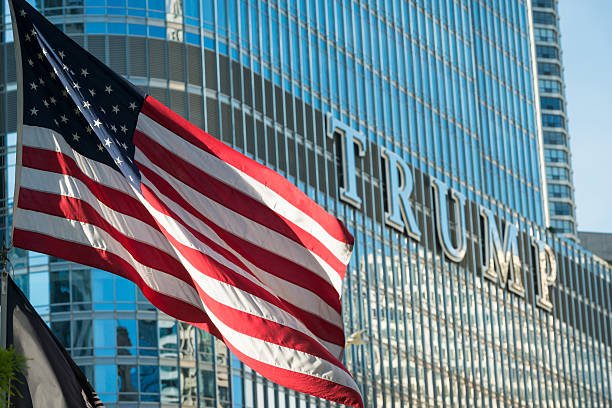
A Tale of Two Leaders and One Reluctant Russian President
As the war in Ukraine continues to reshape global politics, the contrast between Donald Trump and Ukrainian President Volodymyr Zelenskyy has become increasingly significant — especially when it comes to their relationships with Russian President Vladimir Putin. Despite multiple international efforts to mediate peace, Putin continues to reject direct talks with Zelenskyy. The reasons for this refusal are rooted in both political strategy and personal power dynamics.
Putin’s Calculated Cold Shoulder
Delegitimizing Zelenskyy
One of the key reasons Putin avoids meeting with Zelenskyy is to undermine his legitimacy. By refusing to acknowledge him as a negotiating equal, Putin aims to portray the Ukrainian president as a puppet of the West — particularly of the U.S. and NATO. This narrative helps reinforce Russian domestic propaganda and distances Moscow from any responsibility to negotiate peace.
Avoiding Concessions
Meeting with Zelenskyy would signal a willingness to compromise, something Putin wants to avoid. A direct meeting might be seen as an admission that Ukraine is a sovereign equal, not a former satellite state. Putin’s strategy involves dragging out the conflict while weakening Ukrainian resolve — a tactic that loses momentum if he’s seen engaging diplomatically with Kyiv.
Trump’s Influence in the Background
While out of office, Trump remains a vocal figure on the global stage. His past interactions with both Putin and Zelenskyy continue to influence perceptions. Trump has often praised Putin’s strength while offering inconsistent support for Ukraine. This ambiguity plays into Putin’s hands, as he sees potential shifts in U.S. policy depending on who wins the next election.